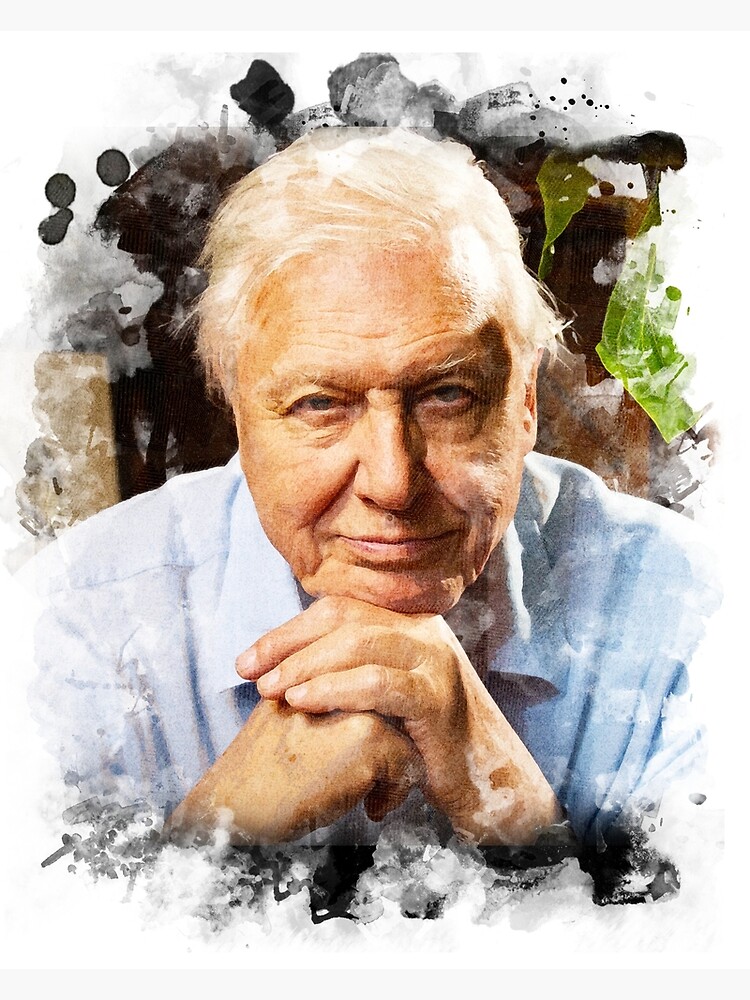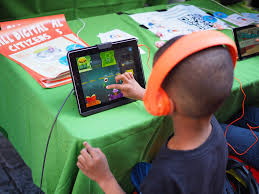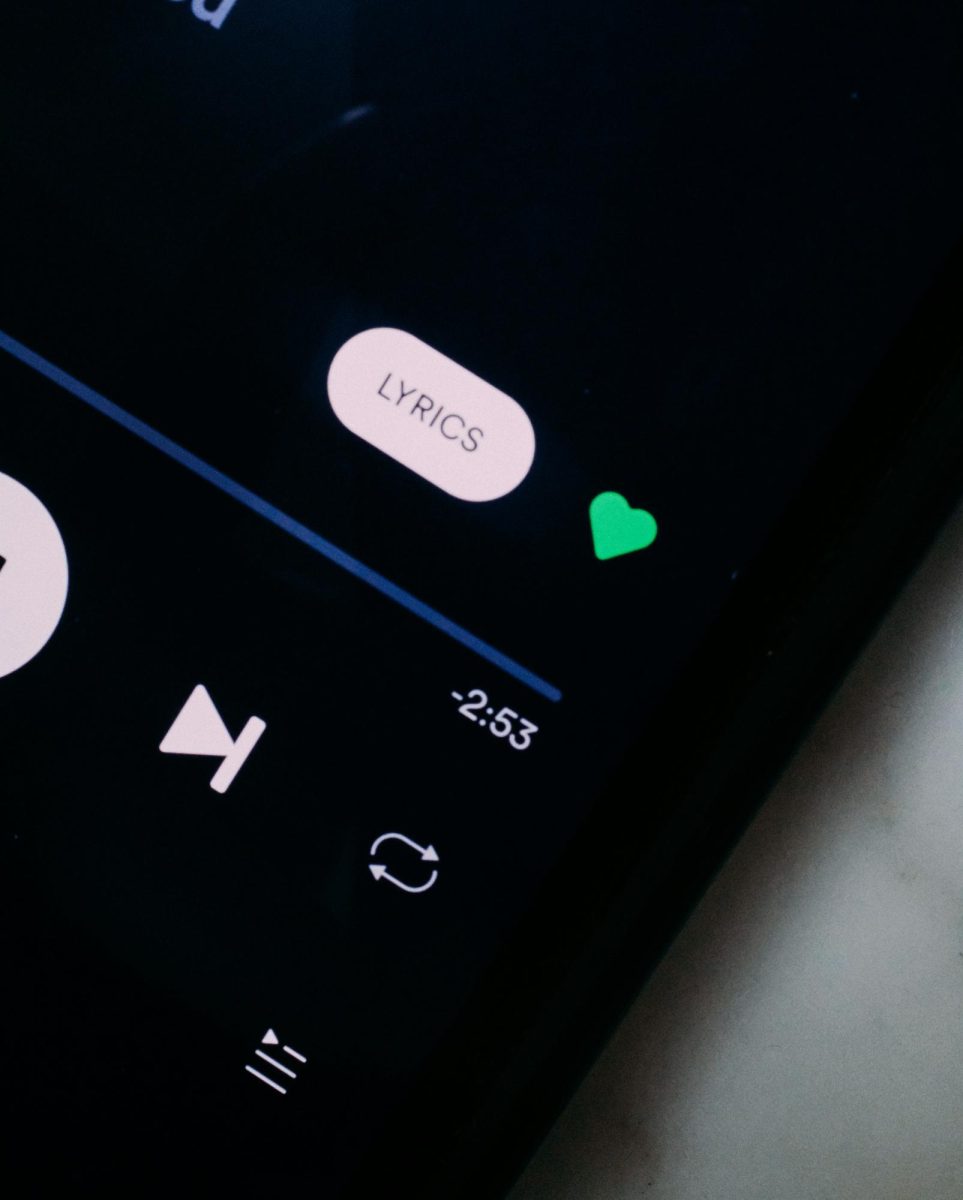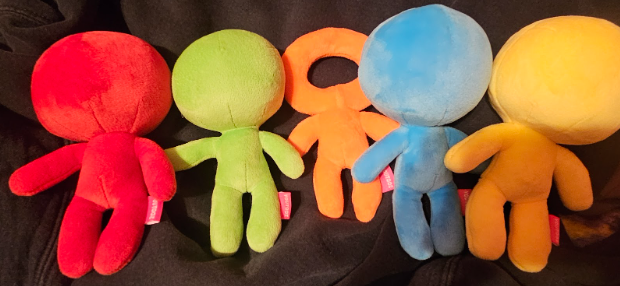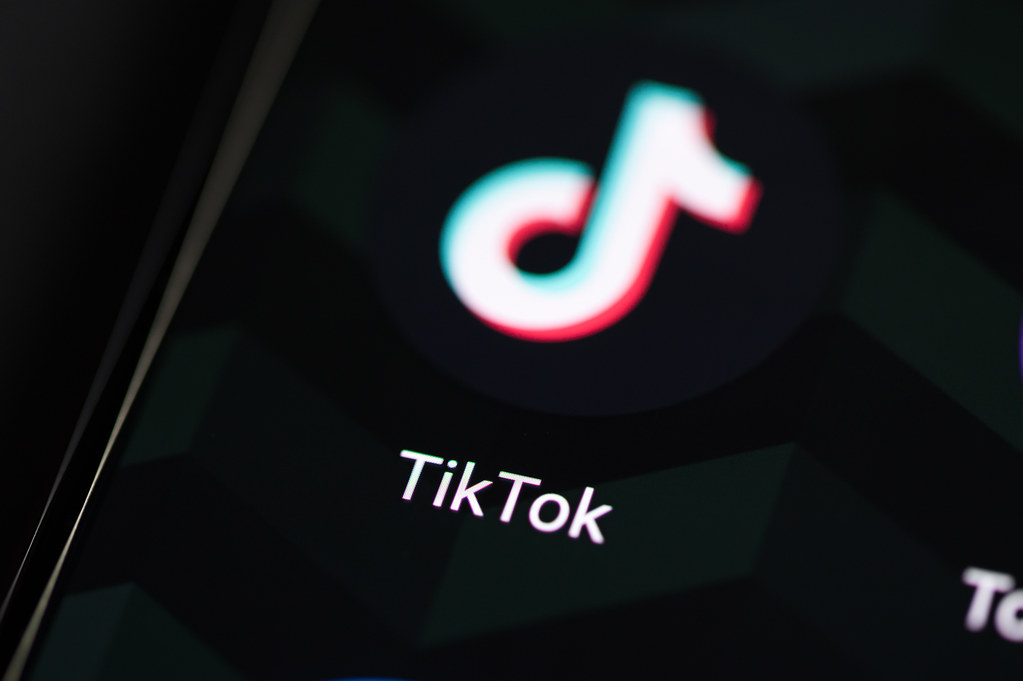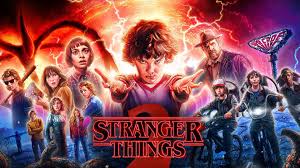Media comes in several forms. These forms include film, internet (social media), books, etc. These all affect us, the way we think about subjects, the ideas we create, and our mental health. Studies found that this is true, and if you indulge in media types, you are more likely to experience depression
Studies show that films can support mental health. It provides stress relief, social connection, community, creativity, and cognitive stimulation. Watching movies anywhere other than your home can help improve your mental health. In theater, the environment can help eliminate distractions, forcing you to only focus on what is in front of you. Movies can also help you become motivated and improve productivity. Though this is a temporary solution, it’s one step forward in helping yourself.
On the other hand, social media is the most common media type in the younger generation. A study found that people who are involved with social media, games, texting, etc. are more likely to experience depression. There is a 70% increase in self-reported depressive symptoms among social media users. Anxiety and depression are the most common outcomes of this. Social media is still growing and gaining popularity rapidly, which means that we have not fully figured out the risks associated with it. Without this necessary information, the outcome is unknown and unpredictable. We have to see first hand with the younger generations.
Books are a commonly forgotten source of media even though they are good for you! Books have been proven to help you sleep better, relieve stress, boost concentration, and widen your vocabulary. These are all things that can help you mentally. Books provide a form of escapism from the current world and the responsibilities that you have. Reading can help you improve your communication skills, which will help you socially.
Overall, all media is bad if not used in moderation. The best way to help yourself is to avoid consuming too much of one. Balance is key when it comes to putting your mental health first.







